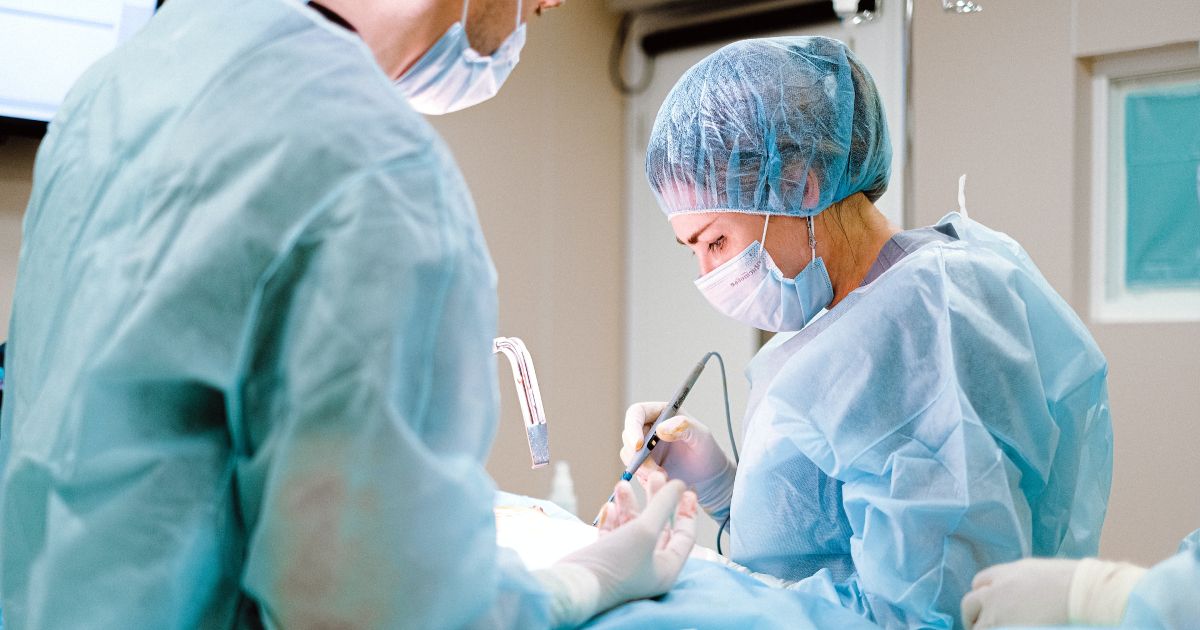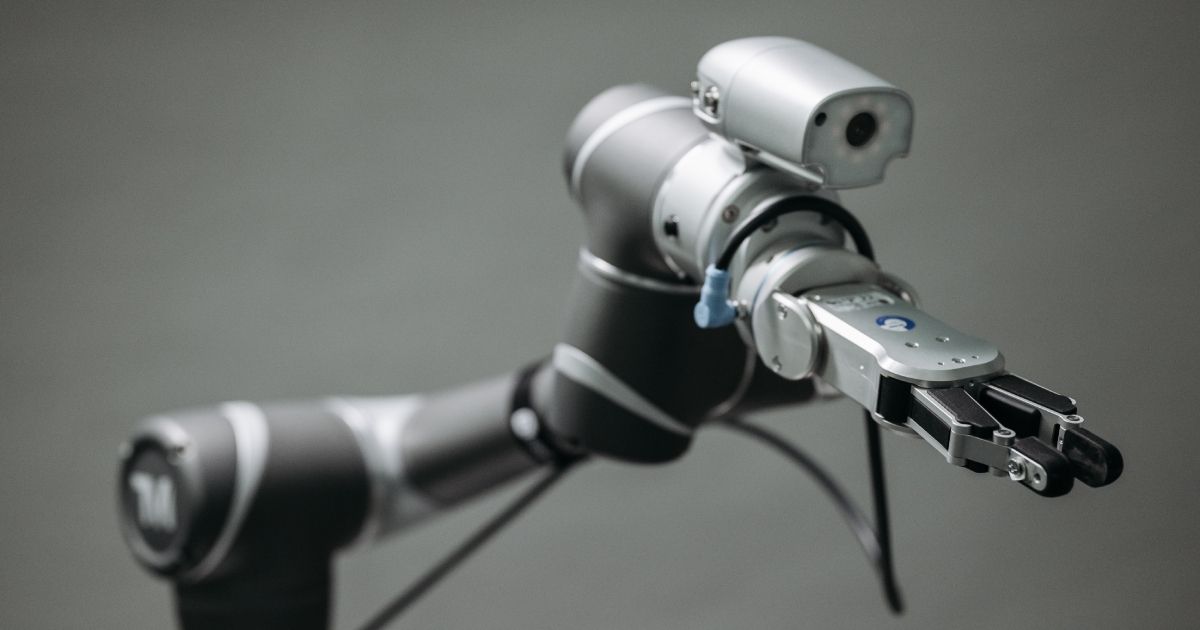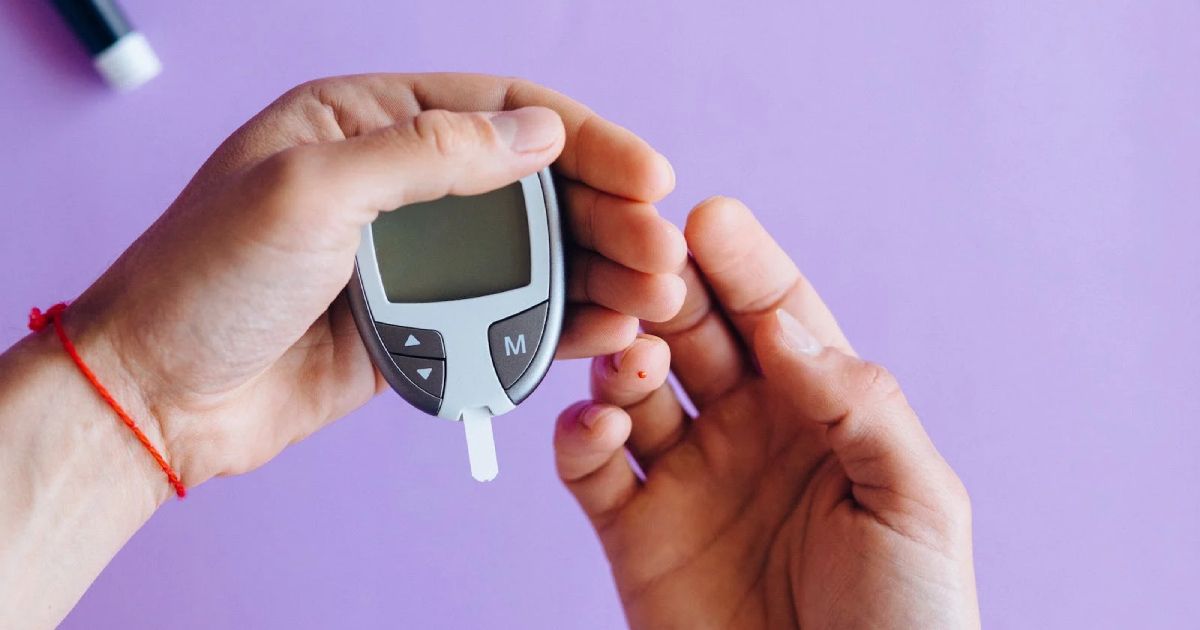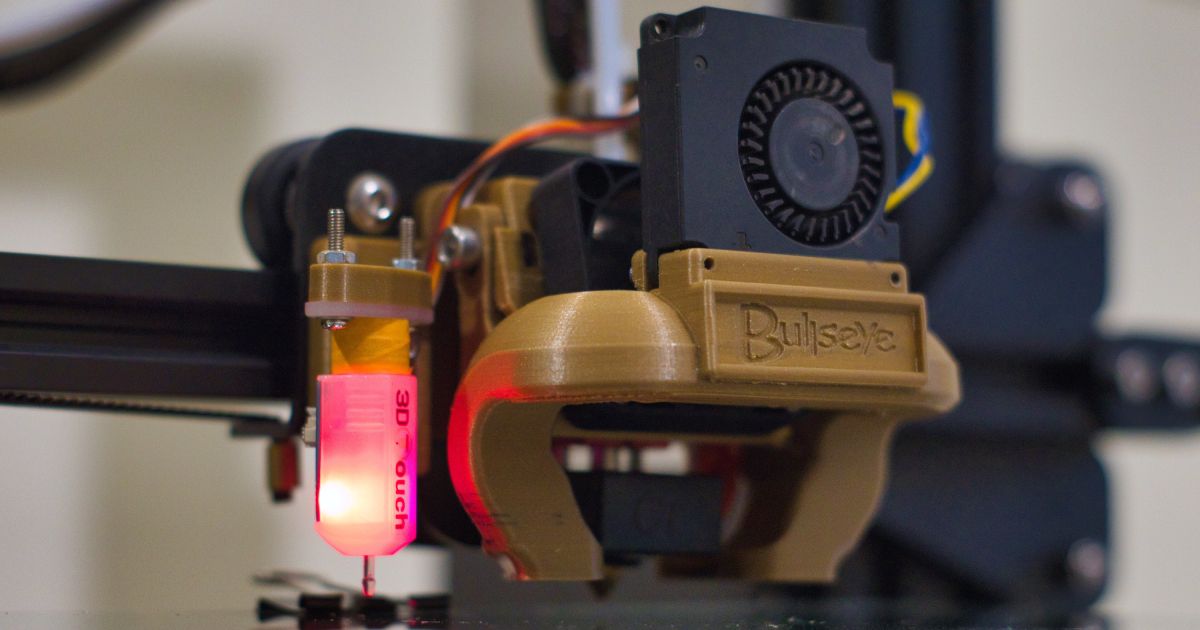7 Groundbreaking Medical Device Innovations

Medical device innovations have been at the forefront of transforming healthcare, empowering medical professionals to provide more accurate diagnoses, precise treatments, and better patient outcomes.
These technological advancements have revolutionized the medical industry, improving patient care, reducing treatment costs, and enhancing overall healthcare efficiency.
In this article, we will explore some of the top medical device innovations that are shaping the future of healthcare.
1) Minimally Invasive Surgery (MIS) Devices

The advent of minimally invasive surgery (MIS) devices has ushered in a transformative paradigm shift in the field of surgery, revolutionizing the approach to complex procedures. By virtue of these cutting-edge devices, surgeons can now perform surgeries through smaller incisions, mitigating patient trauma, minimizing post-operative pain, and reducing scarring.
The integration of advanced imaging technologies and precision instruments empowers surgeons with enhanced dexterity and accuracy during intricate surgical interventions. As a result, patients who undergo MIS benefit from accelerated recovery times, shorter hospital stays, and a significantly decreased risk of post-surgery complications, rendering it one of the most astounding medical device innovations in recent history.
The remarkable impact of MIS devices has transcended the realm of surgical advancements, laying the foundation for a new standard of patient care and improved surgical outcomes. With the deployment of these sophisticated devices, the once-daunting prospect of invasive surgeries has been revolutionized, making procedures more accessible, less traumatic, and conducive to swifter recoveries.
As MIS devices continue to evolve and refine, their potential to enhance patient experiences, minimize healthcare costs, and redefine surgical best practices becomes increasingly apparent, solidifying their status as pioneering advancements in the realm of modern medical technology.
2) Robotic Surgery Systems

The field of surgical procedures has witnessed a groundbreaking transformation with the introduction of robotic surgery systems, elevating the capabilities of surgeons and achieving better patient outcomes. These state-of-the-art systems feature robotic arms equipped with intricate instruments, all under the control and guidance of skilled surgeons. The result is an unprecedented level of dexterity and precision during surgical interventions.
The intuitive nature of these robotic systems enables the performance of complex and delicate procedures with remarkable minimally invasive techniques, leading to reduced patient trauma and faster recovery times. Notably, the remote controllability of the robotic arms enables surgeons to conduct surgeries on patients situated in remote or underserved areas, effectively bridging the gap in specialized healthcare and ensuring access to advanced surgical care for all.
Robotic surgery systems continue to redefine the landscape of surgical excellence, empowering surgeons with enhanced capabilities and patients with improved post-operative experiences. As these systems evolve, the potential for more intricate and life-changing surgeries grows, promising a future where cutting-edge medical technologies merge seamlessly with human expertise to offer unmatched surgical precision and expand access to quality healthcare for all corners of the globe.
3) Artificial Intelligence (AI) in Medical Devices

The incorporation of artificial intelligence (AI) into medical devices has unlocked a realm of possibilities within the healthcare domain. AI-powered devices possess the capability to analyze extensive medical data, encompassing patient records and medical images, thereby aiding in diagnostics and treatment planning.
By leveraging sophisticated algorithms, these AI systems can discern hidden patterns, trends, and correlations that may evade human clinicians, facilitating early disease detection and providing personalized treatment recommendations. Furthermore, the emergence of AI-driven virtual assistants is transforming the administrative landscape, automating tasks and streamlining processes to grant medical professionals the freedom to prioritize patient care and further enhance the overall healthcare experience.
The integration of AI in medical devices continues to reshape the medical landscape, heralding a future where data-driven insights, precision diagnostics, and optimized patient care converge to revolutionize the way healthcare is administered. As AI technology continues to evolve and empower medical devices, the potential for improved medical decision-making, reduced errors, and ultimately better patient outcomes becomes ever more promising, marking a significant step forward in the realm of medical innovation and patient-centric healthcare solutions.
4) Wearable Medical Devices

The surge in popularity of wearable medical devices can be attributed to their exceptional ability to monitor and track vital signs, physical activity, and chronic conditions. These devices encompass a wide range of products, including fitness trackers, smartwatches, and continuous glucose monitors, among others.
By putting the power of health monitoring in the hands of individuals, wearable technology empowers users to proactively manage their well-being, with real-time access to data on their physiological parameters. For healthcare professionals, wearable medical devices prove to be invaluable tools, as they provide unique insights into patients' health beyond the confines of traditional clinical settings, enabling a more personalized and proactive approach to patient care.
The proliferation of wearable medical devices heralds a transformative era in healthcare, where technology intertwines with personal health management to cultivate a culture of health-consciousness and empower patients to actively engage in their well-being. As the capabilities of wearable devices continue to evolve, the potential for improved health outcomes, early detection of health issues, and streamlined care coordination becomes increasingly evident, redefining the landscape of patient-centric healthcare and propelling the industry into a future of continuous health monitoring and enhanced well-being.
5) 3D Printing in Healthcare

The introduction of 3D printing technology has heralded a new era of boundless possibilities within the healthcare realm. Medical professionals now possess the remarkable capability to craft patient-specific models, surgical guides, and implants using 3D printing technology.
This groundbreaking approach enables the creation of customized implants, prosthetics, and medical devices, tailored precisely to meet the unique requirements of each patient. As a result, patients benefit from enhanced treatment outcomes and improved quality of life, as medical interventions are finely attuned to their individual needs. Moreover, 3D printing has revolutionized medical research by facilitating the fabrication of tissue and organ models, which prove instrumental in drug testing and advancements in organ transplantation techniques.
The integration of 3D printing technology into healthcare has unleashed a myriad of possibilities, redefining the boundaries of medical innovation and patient care. By harnessing the power of 3D printing, the healthcare industry is witnessing a transformational shift, where personalized medicine and cutting-edge research converge to pave the way for revolutionary breakthroughs in medical treatments, surgical interventions, and organ transplantation.
As 3D printing technology continues to evolve, the potential for further advancements in precision medicine and transformative patient outcomes becomes increasingly promising, ushering in an era of unparalleled medical advancements and patient-centric healthcare solutions.
6) Telemedicine Devices

Telemedicine devices have emerged as indispensable tools in expanding healthcare accessibility, especially in remote or underserved areas. Encompassing a wide array of technologies such as remote patient monitoring tools, telehealth platforms, and advanced video conferencing equipment, these devices enable healthcare providers to seamlessly engage in consultations with patients from a distance.
Notably, telemedicine devices have demonstrated their utmost significance during public health emergencies, facilitating virtual consultations, swift diagnosis, and comprehensive follow-up care, all while alleviating the pressure on conventional healthcare facilities.
The integration of telemedicine devices marks a transformative leap forward in healthcare delivery, bridging geographical gaps and empowering patients with enhanced access to medical expertise. In regions where healthcare resources may be scarce, telemedicine has become a lifeline, offering medical support and guidance through virtual interactions.
As these devices continue to evolve, the potential for expanding healthcare reach, enhancing health outcomes, and optimizing healthcare resources becomes increasingly evident, leading the healthcare industry toward a future of more inclusive, patient-centric care delivery.
7) Nanotechnology in Medical Devices

Nanotechnology has ushered in a groundbreaking era of medical device innovation by harnessing the exceptional properties of nanoscale materials. With nanotechnology's integration, medical devices can now achieve targeted drug delivery, enhanced imaging capabilities, and more efficient tissue regeneration.
Nanoscale particles are meticulously engineered to deliver medications directly to affected areas within the body, thereby minimizing side effects and optimizing therapeutic outcomes. This level of precision and specificity empowers healthcare professionals to administer treatments with unparalleled accuracy, revolutionizing the efficacy of medical interventions. Furthermore, medical devices empowered by nanotechnology offer unprecedented potential for advancements in disease diagnosis and treatment monitoring, paving the way for earlier and more accurate diagnoses and improved management of medical conditions.
The incorporation of nanotechnology into medical devices represents a transformative leap forward in healthcare, redefining the boundaries of medical treatments and patient care. The precise and controlled drug delivery made possible by nanotechnology has the potential to revolutionize the way diseases are treated, significantly improving patient outcomes and quality of life.
As nanotechnology continues to evolve and intertwine with medical device technology, the horizon of possibilities expands, promising a future where medical interventions are not only more effective but also tailored to individual patients' needs. Embracing the power of nanotechnology in medical devices holds the key to unlocking groundbreaking discoveries and raising the standard of healthcare to unprecedented heights.
Final Thoughts
The continuous advancements in medical device technology have paved the way for a transformative future in healthcare. Innovations such as minimally invasive surgery devices, robotic surgery systems, AI-powered devices, and wearable medical devices have significantly improved patient care and treatment outcomes.
Moreover, 3D printing, telemedicine devices, and nanotechnology-enabled medical devices continue to drive the progress of medical science, empowering healthcare professionals to provide more personalized and efficient care.
As technology continues to evolve, these medical device innovations will play an increasingly crucial role in shaping the healthcare landscape and enhancing the well-being of patients worldwide.





